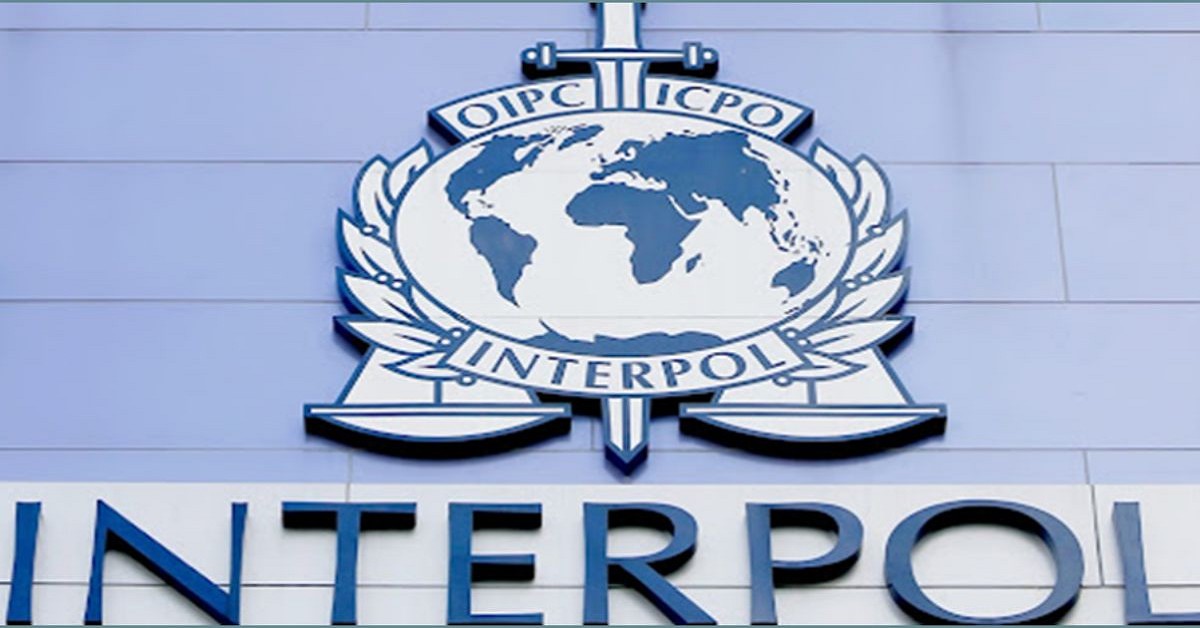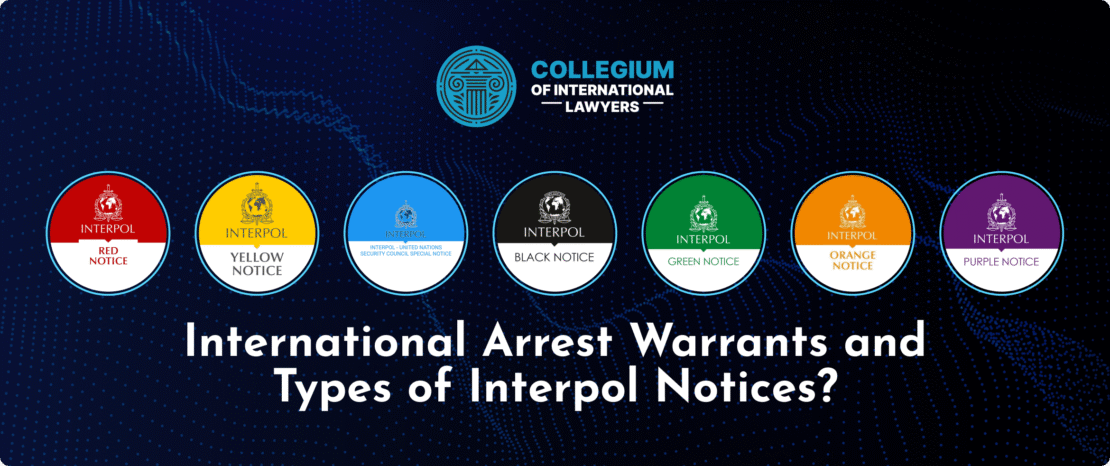
Enhancing Global Security: Interpol’s Control Over Financial Operations
In today’s globalized world, financial operations transcend borders, making them susceptible to various forms of crime, including money laundering, fraud, and terrorism financing. As a response to these growing challenges, international organizations have stepped up their efforts to monitor and regulate financial operations. One such organization is Interpol, which has been at the forefront of enhancing financial operations control across nations. For a deeper insight into Interpol’s measures, you can visit Interpol financial operations control www.hill.ru/press-center/interpol-usilivaet-kontrol-za-mezhdunarodnymi-finansovymi-operatsiyami/.
Interpol, formally known as the International Criminal Police Organization, has long been involved in tackling transnational crime, but its focus on financial crimes has intensified in recent years. This focus is emblematic of the organization’s broader goals: to promote international police cooperation, assist law enforcement in countries worldwide, and establish protocols that mitigate risks associated with organized crime. Interpol’s financial operations control initiatives are structured around collaboration with member countries and various international financial institutions.
The Scope of Financial Crimes
Financial crimes encompass a wide range of illicit activities, including but not limited to money laundering, tax evasion, identity theft, and fraud. The complexity of these crimes often involves multiple jurisdictions and sophisticated methods, challenging law enforcement agencies to keep pace with evolving tactics. Interpol’s role becomes critical in such scenarios, as it facilitates information sharing and capacity building among its member countries.
Money laundering, for instance, requires a nuanced understanding of both financial markets and legal frameworks across borders. The Financial Action Task Force (FATF) estimates that between 2% to 5% of global GDP is laundered through various channels. This staggering figure highlights the urgent need for effective financial crime control measures that Interpol is working to implement.
Interpol’s Strategy for Financial Operations Control

Interpol has developed a multi-faceted approach to control financial operations. This approach includes:
- Information Sharing: Interpol’s secure global police communication network, I-24/7, allows member countries to share vital intelligence swiftly. This real-time information exchange is crucial for identifying and tracking suspicious financial activities.
- Operation Coordination: Interpol organizes joint operations and initiatives targeting financial crime, involving police and customs authorities from multiple countries to enhance collective action against identified threats.
- Capacity Building: Interpol provides training programs and resources to law enforcement agencies, equipping them with the knowledge needed to tackle financial crimes effectively. This includes workshops on new financial technologies and methodologies used in cybercrime.
- Collaboration with International Entities: Interpol collaborates with global organizations such as the United Nations, the World Bank, and the International Monetary Fund, aligning its strategies with international standards and practices.
By leveraging these strategies, Interpol aims to create a robust framework that not only detects but also prevents financial crimes effectively.
The Role of Technology in Financial Operations Control
Technology plays a pivotal role in Interpol’s financial operations control efforts. The increasing digitization of financial transactions has revolutionized how crimes are perpetrated but also offers tools for detection and prevention. Advanced algorithms, big data analytics, and artificial intelligence are increasingly used to analyze vast datasets, identify patterns, and flag suspicious activities swiftly.
Additionally, the rise of cryptocurrencies poses new challenges and opportunities for financial crime control. Interpol is actively working to adapt its strategies to address the unique characteristics of digital currencies and the anonymity they provide, which can be exploited by criminals.
Case Studies: Successful Interpol Operations
Interpol has successfully executed numerous operations targeting financial crimes. Some notable examples include:

- Operation SOGA: This initiative focused on dismantling organized crime syndicates involved in cybercrime, money laundering, and fraud. By coordinating with member countries, Interpol was able to arrest key figures and disrupt their financial networks.
- Operation El Dorado: This operation targeted money laundering connected to drug trafficking in Latin America and the Caribbean. The outcomes included the seizure of assets and the arrest of numerous individuals linked to the laundering process.
- Operation Pangea: A global operation against online sale of counterfeit and unlicensed medicines, which often involves complex money laundering schemes. Through this operation, law enforcement agencies coordinated to seize illegal pharmaceuticals and track the financial backers of these illegal activities.
Such operations reflect Interpol’s commitment to international cooperation and the need for a coordinated response to financial crimes.
The Future of Interpol’s Financial Operations Control
Looking ahead, Interpol is poised to continue evolving its approach to financial operations control in response to emerging threats. The strategic incorporation of new technologies, enhanced cooperation with private sector stakeholders, and proactive engagement with member states will be pivotal. Furthermore, as global financial systems evolve, so too will the tactics employed by criminals, necessitating an agile and responsive law enforcement framework.
Additionally, as the world grapples with challenges posed by technological advancements and changing economic landscapes, Interpol’s emphasis on preventive measures and early intervention will become increasingly vital. By fostering a culture of vigilance and collaboration, Interpol aims to stay ahead of the evolving financial crime landscape.
Conclusion
Interpol’s commitment to enhancing financial operations control is critical in the fight against international financial crime. As complexities in the financial world increase, so too does the need for coordinated global efforts to combat these threats. Through effective strategies, technological advancements, and international cooperation, Interpol is well-positioned to address current challenges and prepare for future ones, ultimately contributing to a more secure global financial environment.


